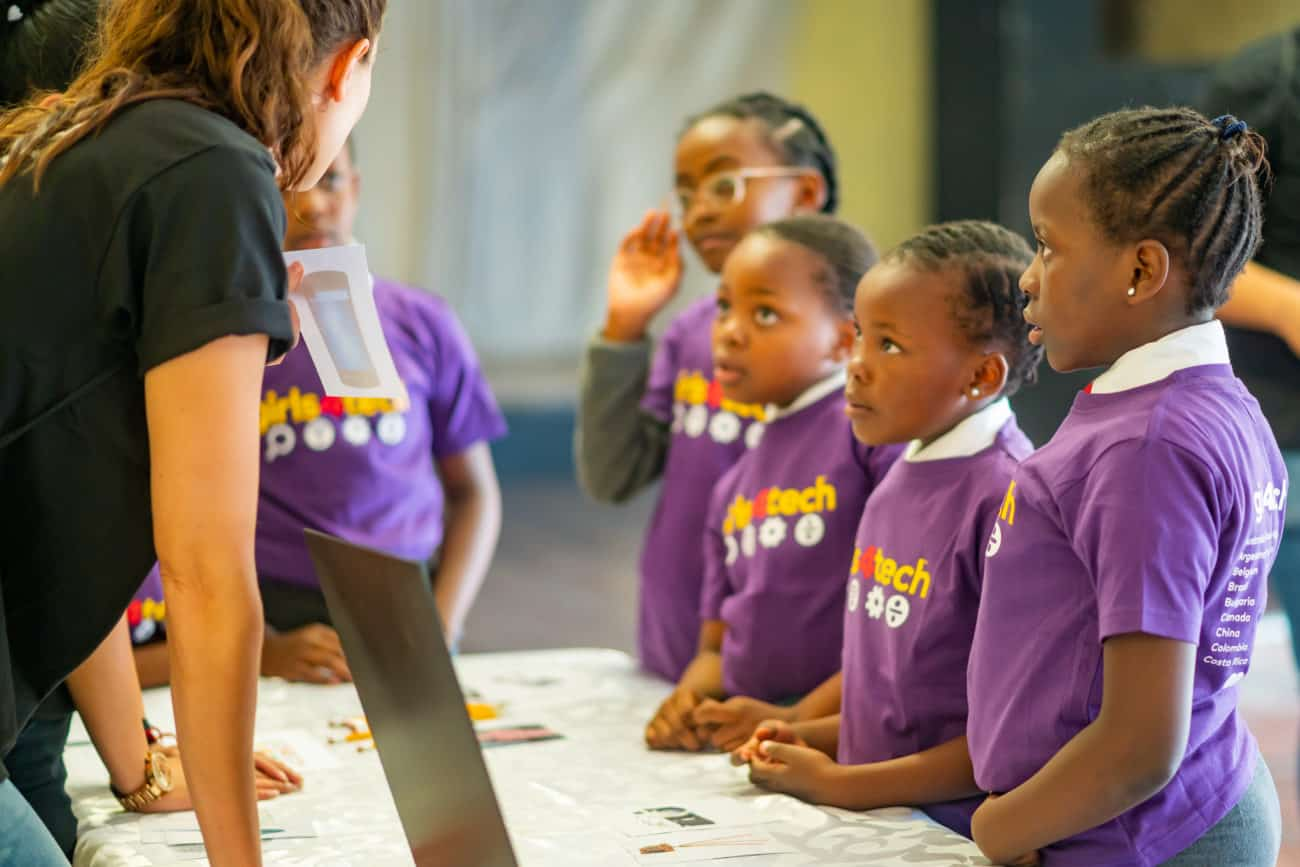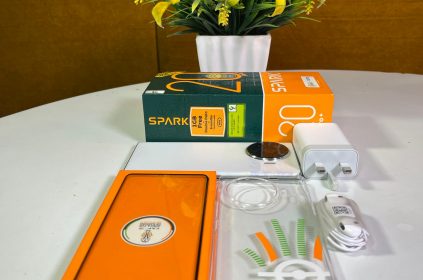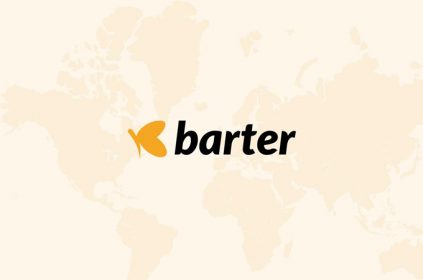Girls4Tech, an economic empowerment Non-Governmental Organization (NGO) supported by American multinational financial services corporation – Mastercard, has debuted in Nigeria and Kenya.
Doubling as a signature education programme for the financial corporation, Girls4tech was launched in 2014 to drive the interest of young girls towards science, technology, engineering, and math (STEM).
Following its initial launch in the Sub-Saharan region in 2017, Girls4tech in the latest development is rolling out in Nigeria and Kenya, respectively.
The latest development, in partnership with Junior Achievers Nigeria, is part of Mastercard’s ongoing commitment to connect women in Africa to sustainable opportunities.
While the programme is mostly targeted at young girls between the age of seven(7) and 12 years, it leverages Mastercard’s deep expertise in innovative global technology.
Also, the programme will take advantage of its in-person session run by employee volunteers to engage its over 1 million participants across more than 210 countries and territories which now include the aforementioned.
In doing this, Girls4Tech has expanded its knowledge base to cover topics cutting across artificial intelligence and cybersecurity.
Also, the programme enables students to discover a range of STEM careers, including the likes of fraud detective, data scientist and software engineering.
ALSO READ: #IWD2021: How To Register For Google’s $25m Global Impact Challenge
In her comment, the Director, Marketing and Communications, Mastercard Sub-Saharan Africa, Ifeoma Dozie spoke on the need to intensify their effort in Sub-Sahara Africa.

Source:
“We’re incredibly proud of the strides that we are making with Girls4Tech Connect, in Sub Sahara Africa. The success of the programme in Nigeria and Kenya last year, indicates that there is a strong need for this kind of intervention, where our future female leaders are given the opportunity to be exposed to new STEM career possibilities,” Dozie said.
How to participate
Being an inter-border programme, the Girls4Tech Connect programme, was hosted as a webinar on the 11th, 18th, and 25th of this month.
However, interested participants can still apply to join the ongoing programme by visiting the official website.
Once onboard, participants are walked through valuable insight on the various STEM career opportunities in areas such as, but not limited to algorithms, digital convergence, and encryption, among others.
Interestingly, majority of these courses well-rooted in the advanced 4th Industrial Revolution, which is about the biggest thing in the global tech space.
“Girls should be equipped with technological skills and encouraged to pursue careers in STEM”
Speaking further on the partnership, the Executive Director, JA Nigeria – Folusho Gbadamosi emphasized the importance of the leadership and developmental programme such as this one.

Source:
“Girl empowerment is extremely important to us at JA Nigeria. In addition to the leadership and development programs we run aimed at empowering the girl child, we believe our girls should be equipped with technological skills and encouraged to pursue careers in STEM,” She said.
More so, concerns have been raised about the average earning power of women which is put at about 24-40% lesser than that of men who sometimes are engaged in the same task.
ALSO READ: ANALYSIS: Implications Of JAMB’s Compulsory Usage Of NIN For Registration
There is also the challenge of inclusion in the academic field, where women/females only make up about 22% of the Engineering and Technology University graduates annually.
While most of these challenges have persisted for too long, they have left the female gender in a very disadvantaged position, hence the need to expose young girls to STEM from a very tender age.
“Since it is clear that the future of work is filled with jobs that require digital and technical skills, it is very critical to reach girls at an early age so that they are empowered to have a successful future,” Folusho added.
With the initial goal to reach a million girls met already, Mastercard has committed to reaching 5 million girls globally by 2025.




















 and then
and then